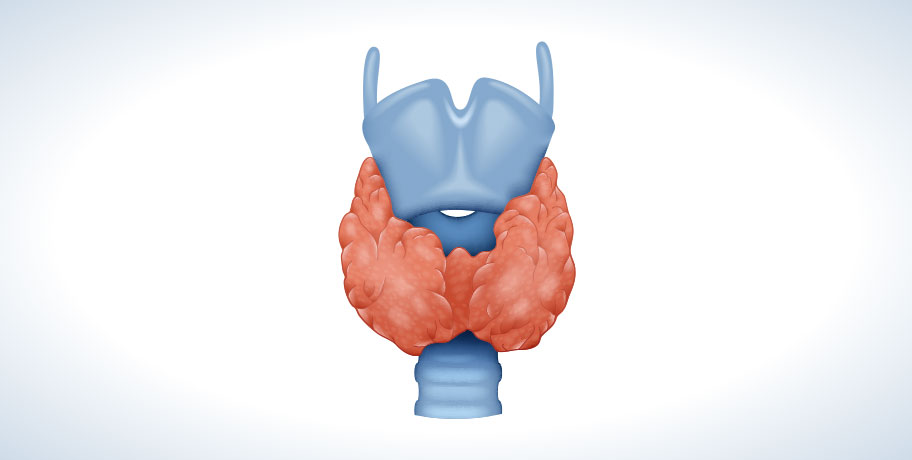
Hypothyroidism is a prevalent medical condition characterized by an underactive thyroid gland. The thyroid gland plays a crucial role in regulating various bodily functions, including metabolism, energy production, and overall well-being. Despite its significance, hypothyroidism has become increasingly common in recent years. In this article, we will explore the reasons behind the rising prevalence of hypothyroidism and discuss strategies for managing and preventing it.
Understanding Hypothyroidism
Before delving into the reasons for its prevalence, it's essential to grasp what hypothyroidism is and how it affects the body.
Thyroid Function: The thyroid gland produces hormones, primarily thyroxine (T4) and triiodothyronine (T3), which are crucial for regulating metabolism, energy levels, and various bodily functions.
Hypothyroidism: When the thyroid gland fails to produce an adequate amount of these hormones, it results in a condition called hypothyroidism. This deficiency can lead to a range of symptoms, including fatigue, weight gain, cold sensitivity, and mood changes.
Factors Contributing to the Prevalence of Hypothyroidism
Several factors contribute to the increasing prevalence of hypothyroidism:
- Iodine Deficiency: Iodine is an essential nutrient required for the production of thyroid hormones. A lack of iodine in the diet can lead to hypothyroidism. Ensuring sufficient iodine intake through diet or supplements is crucial.
- Stress and Adrenal Health: Chronic stress can disrupt the delicate balance of the endocrine system, including the thyroid gland. Managing stress through relaxation techniques, exercise, and stress-reduction strategies is vital for thyroid health.
- Nutrient Deficiencies: Inadequate intake of key vitamins and minerals, such as selenium, zinc, and vitamin D, can impair thyroid function. Ensuring a balanced diet or considering supplementation may be necessary.
- Autoimmune Disorders: Autoimmune thyroid conditions, such as Hashimoto's thyroiditis, are on the rise. These conditions occur when the immune system mistakenly attacks the thyroid gland. Identifying and managing autoimmune factors is crucial.
Strategies for Managing and Preventing Hypothyroidism
While the prevalence of hypothyroidism is concerning, there are steps individuals can take to manage the condition and reduce their risk of developing it.
- Balanced Diet: Consume a diet rich in iodine, selenium, zinc, and other essential nutrients. Foods like fish, beef, fruits, honey and dairy products can support thyroid health.
- Stress Management: Implement stress-reduction techniques, such as meditation, yoga, or deep breathing exercises, to maintain a healthy balance in the endocrine system.
- Lifestyle Choices: Avoid excessive alcohol consumption, smoking, and exposure to environmental toxins, as they can negatively impact thyroid function.
